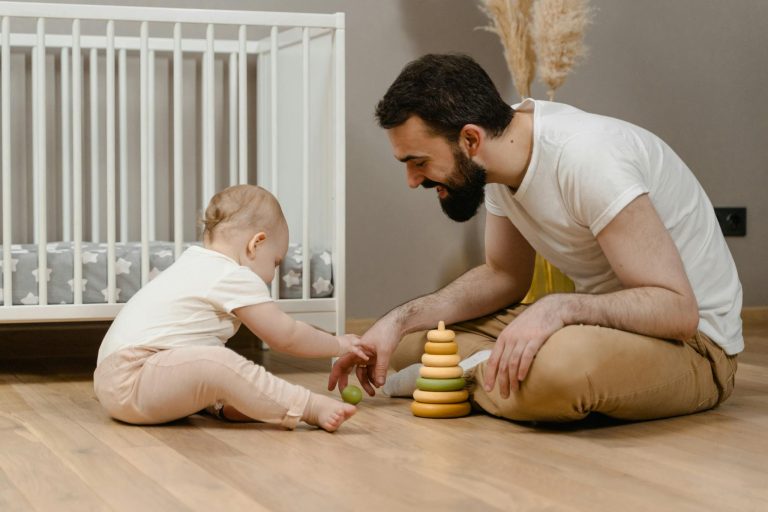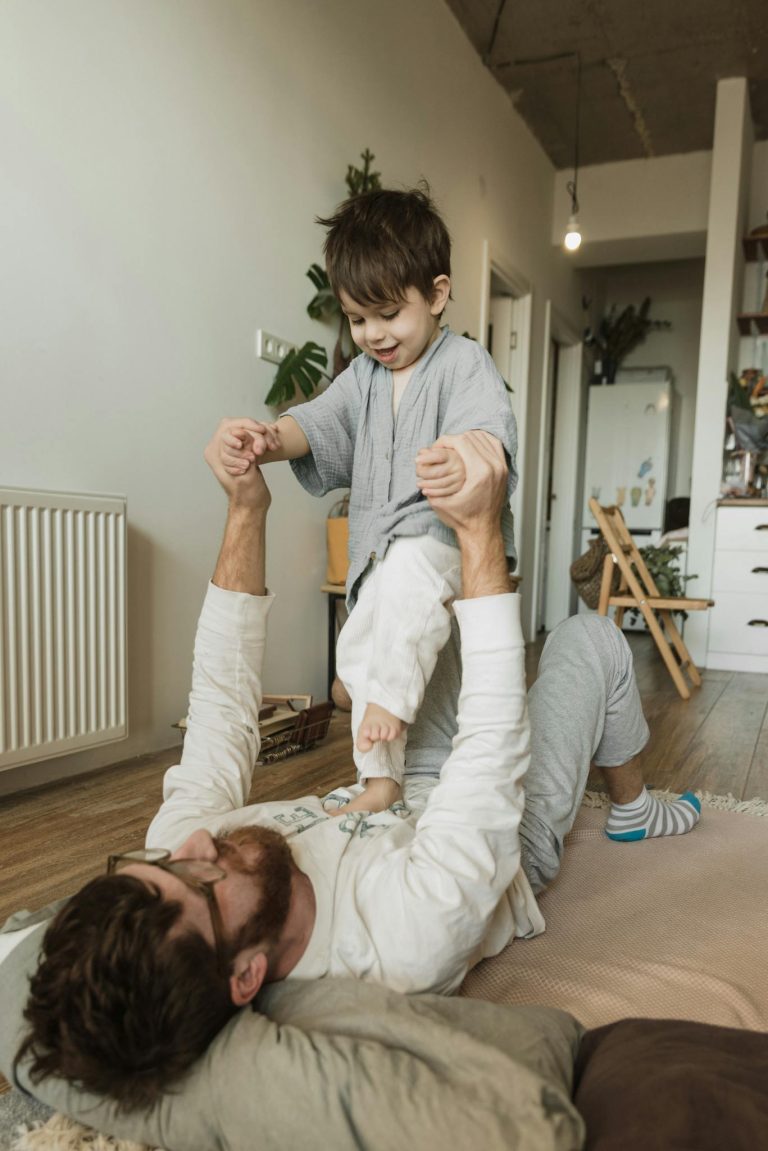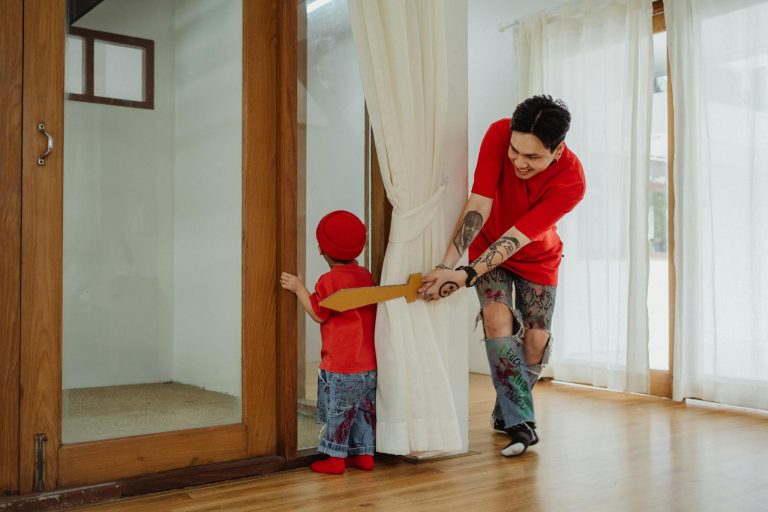In the weeks leading up to our son’s birth, my wife had more medical appointments than I could count. As someone with a “geriatric pregnancy” (a terrible phrase, by the way), she had not only regular OB visits, but also specialist check-ins, additional scans, and careful monitoring. It felt like she was surrounded by an entire team.
Then the baby was born—and suddenly, that team vanished.
Sure, we had a pediatrician lined up. A doctor from their office even came by the hospital to check in on our son. But once we were discharged and settled into life at home, something became very clear: my wife—the person who just created, carried, and delivered a whole human—was no longer the center of anyone’s care plan.
The Postpartum Cliff
Medically, my wife had a six-week follow-up. That’s it. One appointment to check if her body had “healed enough,” and if it was “safe to have sex again.” (Spoiler: healing isn’t just about stitches or clearance slips.)
Emotionally, spiritually, hormonally—there was so much happening that no doctor was tracking. The system simply isn’t built to hold mothers after birth. And honestly, I’m still unpacking how I showed up—or didn’t show up—for her in those early months.
One day, I hope she shares her side of this. For now, this is just mine.
Postpartum Depression Is Real—and Invisible
Not all postpartum struggles look like the stories we hear. Sometimes they look like blank stares. Or short fuses. Or total numbness. Sometimes they look like everything’s fine—until it isn’t.
If your partner is struggling, there is help out there. But the hard part is this: they usually have to ask for it themselves. Doctors may have resources. Support groups may exist. But none of them knock on your door.
So part of your job—not as a fixer, but as a partner—is to stay present. Not just with the baby, but with her. To keep asking:
“How are you doing?”
“Is there anything you want to talk about?”
“Do you want help figuring out who to talk to?”
Even when the answer is “I don’t know.” Especially then.
You Can’t Do Everything—and You’re Not Meant To
In those first few weeks, I tried to do it all. My wife was still recovering from COVID. We had no family nearby, and no one could visit anyway. I was running dishes, doing laundry, holding the baby, trying to be everywhere at once.
I remember redoing dishes after my wife did them, as if the act of control was helping me cope. Eventually, something in me broke open, and I realized: I can’t do this alone.
So I asked a better question:
What can we outsource?
We were lucky to have the means. We brought in our housekeeper weekly instead of bi-weekly. We leaned into grocery and food delivery apps. And we did something that changed everything: we hired a lactation consultant who came on a Sunday.
That session made all the difference for my wife’s breastfeeding journey. And for me, it was a moment of deep clarity: Help is all around us. You just have to be willing to ask for it—and receive it.
What I’d Say to Other New Dads (and to My Former Self)
- Watch your partner with the same attention you give your baby.
- Assume they need support, even if they don’t say it.
- Don’t wait until you break—ask for help early.
- Getting help doesn’t mean you’re failing. It means you’re human.
- And finally, don’t forget why you’re doing all of this: because you love them both.
This season is wild. And beautiful. And heavy.
But you don’t have to carry it alone.
Noah Wells
Partner. Learner. Still working on asking for help.






